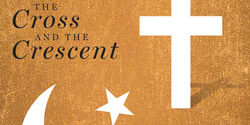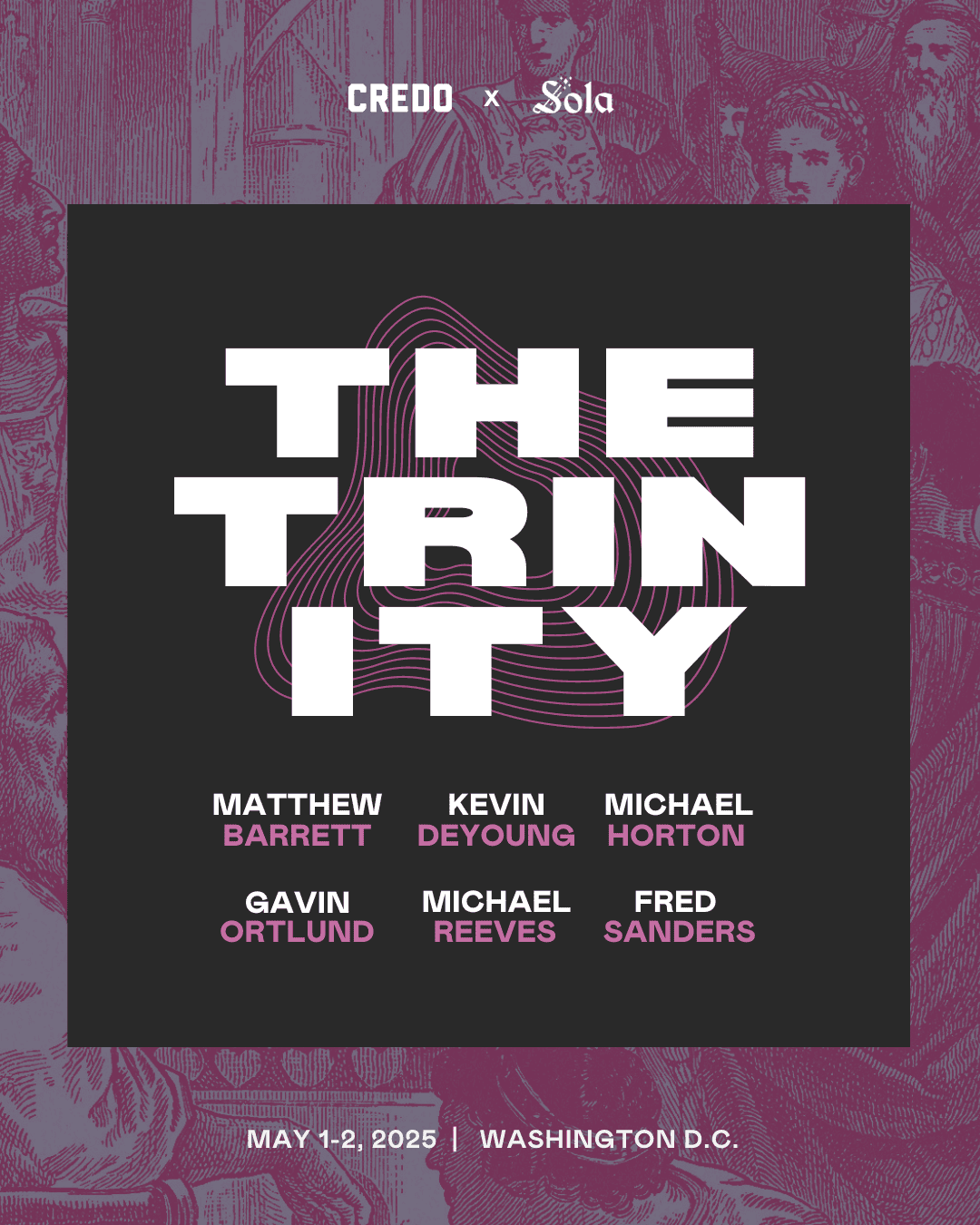
Michael Horton on Islam
By Matthew Barrett–
Besides teaching Christian Doctrine, one of the classes I have enjoyed teaching this summer at California Baptist University is Comparative Religions. In that class we spend considerable time looking at Islam from the vantage point of a Christian worldview. Therefore, I have been on the look-out for good resources by Christian theologians on Islam. One resource is the most recent issue of Modern Reformation: “The Cross and the Crescent.”
Michael Horton has written an article titled: “Christ and Islam.” Here is the introduction to Horton’s article:
On a cold November day in 1095, Pope Urban II roused a Christendom plagued by internal wars to take up the cause of holy war against Islam. “If you must have blood,” he exhorted, “bathe in the blood of infidels.” With the conversion of Emperor Constantine in the early fourth century, Christian leaders had gone from being dipped in wax to their necks as candles in Nero’s garden to being seated in regal splendor for imperial feasts. Increasingly, the kingdom of Christ—expanding by Word and Spirit—was identified with a civilization—expanding by sword and shield.
In many ways, the imperial church’s misunderstanding of the nature of Christ’s kingdom echoed that of our Lord’s own disciples. Many Jews in Jesus’ day expected a replay of the old covenant: exodus from exile followed by conquest through holy war. To the very last, they imagined that the Messiah would drive out the Romans and reestablish a theocracy that would be everlasting. Their last question before Jesus’ ascension was, “Now will you restore the kingdom to Israel?” Our Lord’s answer is telling: The new covenant conquest is not of a sliver of real estate in the Middle East, but the whole earth (“from Jerusalem and Judea to Samaria and the uttermost parts of the earth”); yet it expands in the power of the Spirit through the proclamation of the gospel. So they are to go to Jerusalem and wait for the descent of the Spirit at Pentecost, to be made witnesses of Christ. With Christ’s ascension to the seat of all authority, and the Spirit leading the ground campaign, his kingdom of grace would conquer by preaching and sacrament. Only when Christ returned in glory would the announcement ring out, “Now the kingdoms of this age have become the kingdom of our God and of his Christ, and he shall reign forever.”
“Christendom” is the result of jumping the eschatological gun. Ironically, Christ’s bodily absence on earth was filled by a newly converted Caesar. Concerning his patron Constantine, the church father Eusebius explained, “Our divinely favored emperor, receiving, as it were, a transcript of the divine sovereignty, directs, in imitation of God himself, the administration of this world’s affairs.” With divine mandate, therefore, the emperor “subdues and chastens the open adversaries of the truth in accordance with the usages of war.” The medieval imagination was fed by an allegorization of Europe as Israel of old. Monarchs fancied themselves King David reborn, driving out the Canaanites with their holy knights, although there were lively debates as to whether the pope or the emperor was the visible head.
The Clash of Civilizations?
In spite of the Reformation’s insistence on the distinction between the kingdoms of this age (entrusted with the sword) and the kingdom of grace (expanding through the Word and Spirit), Protestant nations were just as eager to cast themselves in the role of Israel’s royal emissaries of holy war.
Secularized, the myth of a revived holy nation played in the imagination of the new American republic. It even generated a political doctrine: manifest destiny, with the “lesser peoples”—barbarous idolaters—being driven out by God’s command from the land that Providence had given to Western settlers. Both the theology of colonialism and anticolonial liberation theologies have invoked the exodus-conquest pattern of the old covenant in their own fusion of Christ and culture, preaching and violence, baptism and political coercion. Confusion of the kingdom of Christ with the theocratic kingdom of the old covenant, and then with whatever secular kingdom chooses to elect itself into divine favor, has provided the script for history’s most atrocious performances in Christ’s name. Focusing on the challenges of secularism and Islam, evangelicals and Roman Catholics increasingly congeal around salvaging “Judeo-Christian” culture. In a 2006 Time article on the relation of Pope Benedict and Islam, conservative Catholic scholar Michael Novak explained concerning the pontiff: “His role is to represent Western civilization.”
At least in the United States, the culture wars—not to mention the “clash of civilizations” between the West and Islam—provoke nostalgia for this parody of the body of Christ. For millions of conservative Protestants in America today, biblical prophecy coalesces around the events unfolding in the Middle East more than around the events that transpired there in the first century. Writing as “a Muslim to Muslims,” Vincent J. Cornell has correctly observed, “Extremists on both sides feed on America’s moral and eschatological obsession with the Holy Land. Both sides exploit the memory of the crusades.” He further notes that “Islam,” for its own part, means “submission,” not “peace.” (1) Holy lands inevitably provoke holy wars.
Through a combination of Reformation and Enlightenment influences, liberal democracy has become the West’s dominant polity. To be sure, it has its critics—including Christian ones. However, the fact of bewildering religious diversity makes any alternative to liberal democracy implausible. Religious communities may still build distinct traditions and webs of socialization for their members, but the idea of a shared cultural worldview is receding quickly even in the United States. I believe that this, on balance, is a far safer environment for the genuinely apostolic mission than the nostalgic appeals to a revived “Christendom” recommended by some critics of liberal democracy.
The West—particularly the United States—seems only slowly to be realizing that democracy doesn’t equal religious toleration. On the heels of the Arab Spring a scorching Islamist summer has arrived. As bad as things were for Christians—and others— under dictators, they will be worse wherever bare democracy ensures the triumph of consistent Islamists and their flagrant persecution of minorities. The only thing that can distract Islamists from religious civil war within is a cobelligerent spirit of jihad against Christians. In spite of ancient and indigenous roots in these countries, Christianity is spun as “Western” and, as we have seen, there is often too much in our own history (and current rhetoric) to lend plausibility to that caricature.
You can read the rest of Horton’s article here. Also, Justin Taylor has also made note of three brief video interviews with Horton on Islam. Here they are:
Matthew Barrett (Ph.D., The Southern Baptist Theological Seminary) is Assistant Professor of Christian Studies at California Baptist University (OPS). He is also the founder and executive editor of Credo Magazine. Barrett has contributed book reviews and articles to various academic journals, and he is the editor of Whomever He Wills: A Surprising Display of Sovereign Mercy, as well as the author of several other forthcoming books.

